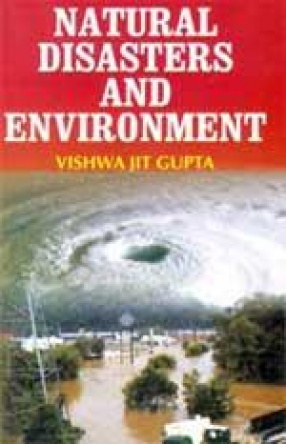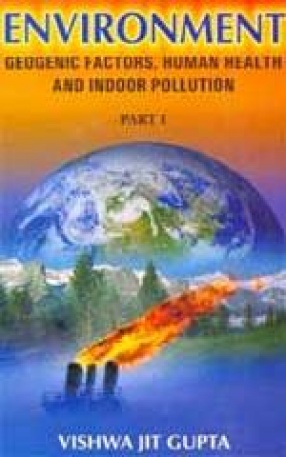Natural disasters are inevitable and the world is becoming more prone to these with the passage of time. All types of such hazards hit different parts of our country at different times taking heavy toll of life and destroying property worth hundreds of crores every year. In addition, these create all types of environmental, social and psychological problems for the people affected by such unexpected calamities. Earthquakes are one of the most disastrous of all the natural hazards as none of the technique has till date been developed anywhere in any part of the world which can predict with reasonable accuracy as to when and where earthquake tremors would hit and how big the earthquake is likely to be. It is said that earthquakes don’t kill people, it is the unsafe buildings and structures constructed by human beings which do. The loss of human lives by the earthquakes can be avoided or reduced considerably if necessary precautions, pertaining to structural design and the quality of construction material used, are taken during their construction keeping in view the geological, tectonic and structural set up of the area/region. The tsunamis generated by the Anadman-Nicobar-Sumatra earthquake of 26th December, 2004 in the Indian Ocean caused considerable damage all along the coastal areas of India, Sri Lanka, Myanmar, Thailand and Indonesia. It resulted in Killing of more than 2,73,000 persons, injuring innumerable population and damaging property worth thousands of crores. It is true that an earthquake can neither be predicted nor prevented, but a tsunami gives sufficient gets transferred from the seabed to the waves. Poor communication and inadequate warning system in the Indian Ocean resulted in the loss of valuable human lives. Thousands of these lives could have been saved in case a regional warning system was in place in the Indian Ocean. Toxic wastes from industries are polluting our water bodies. Oceans have become boiling pool of sewage. Marine life is getting endangered as a consequence of toxic and nuclear waste being dumped into sea. Coral reefs are showing signs of bleaching and are rapidly shrinking. We need to strictly enforce the implementation of the provisions of Coastal Regulation Zone (CRZ) notification which was finalized in 1991. To save lives from natural disasters we need to activate Disaster Management Plans at the National, State and District levels which were reportedly having been finalized on 1st March, 2001.
Environment: Geogenic Factors, Human Health and Indoor Pollution (In 2 Volumes)
The Present book discusses ...
$54.00
$60.00






There are no reviews yet.